The United States economy has had its fair share of highs and lows over the last two decades. From the Great Recession in 2009 to the COVID-19 pandemic and lockdown, the housing crisis, various wars abroad, and everything in between, presidents have found it incredibly challenging to provide a stable economy.
President Joe Biden proudly calls his financial tactics “Bidenomics,” and while there are many who support these fiscal decisions, others, like Jamie Dimon, CEO of JP Morgan Chase, think the president is leaving some Americans behind.
What Is Bidenomics?
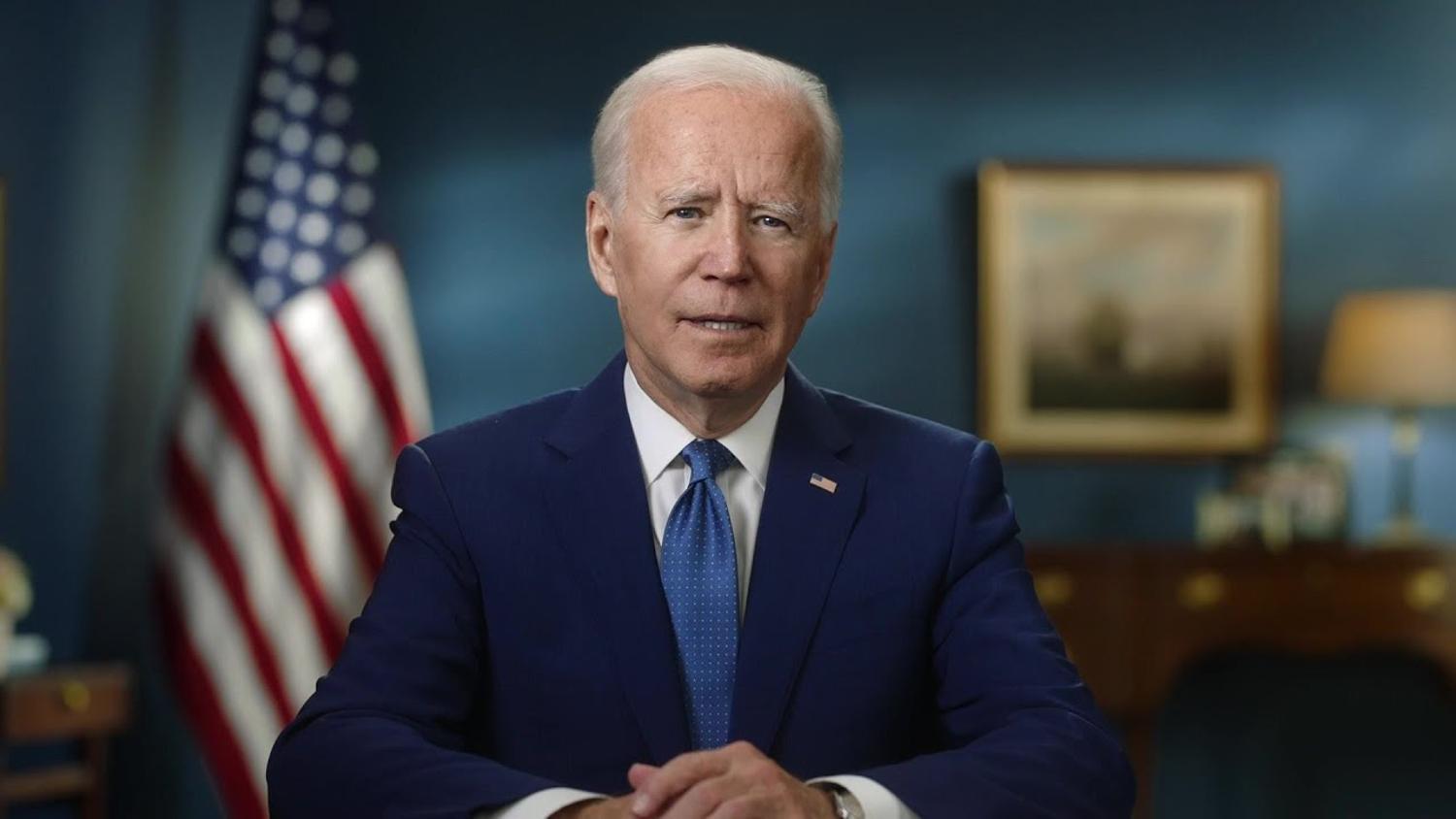
Several US presidents have named their fiscal policy after themselves. Nixon had Nixonomics, Reagan had Reaganomics, and Obama’s plans were characterized as Obamanomics.
Specifically, Bidenomics is characterized by high government spending on green energy, infrastructure, and manufacturing, as well as increasing taxes on wealthy Americans and corporations while attempting to reduce the cost of consumer goods and healthcare
Rebuilding From the Middle
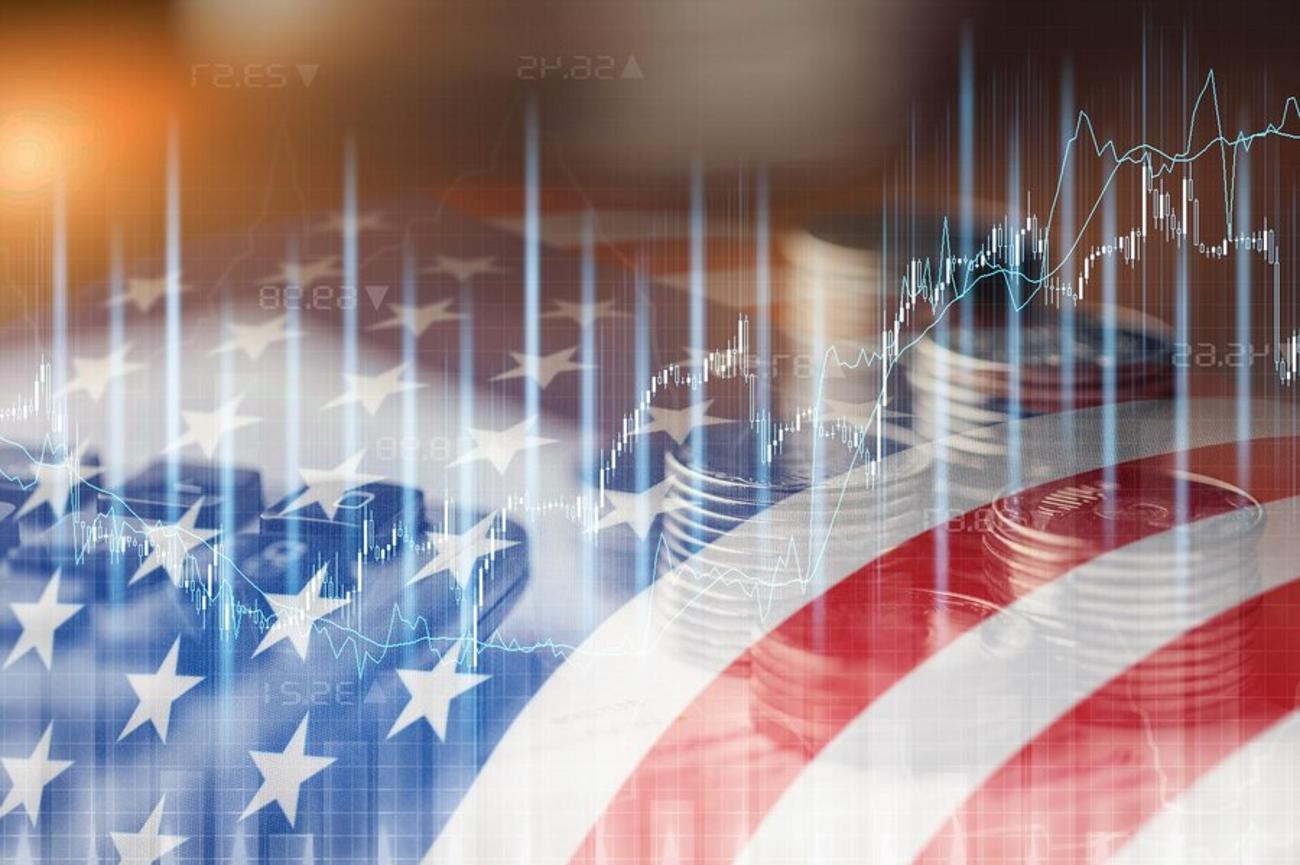
According to the White House, the central theme of Bidenomics is that the American economy needs to be and can be rebuilt “from the middle out and the bottom up… not the top down.”
A statement released by the Biden Administration in June 2023 stated that this “strategy is working.” Since taking office, the “economy has added more than 13 million jobs—including nearly 800,000 manufacturing jobs,” seen “more than 10 million applications for new small businesses filed,” and “inflation has fallen.”
Many Americans Don’t Agree With Bidenomics
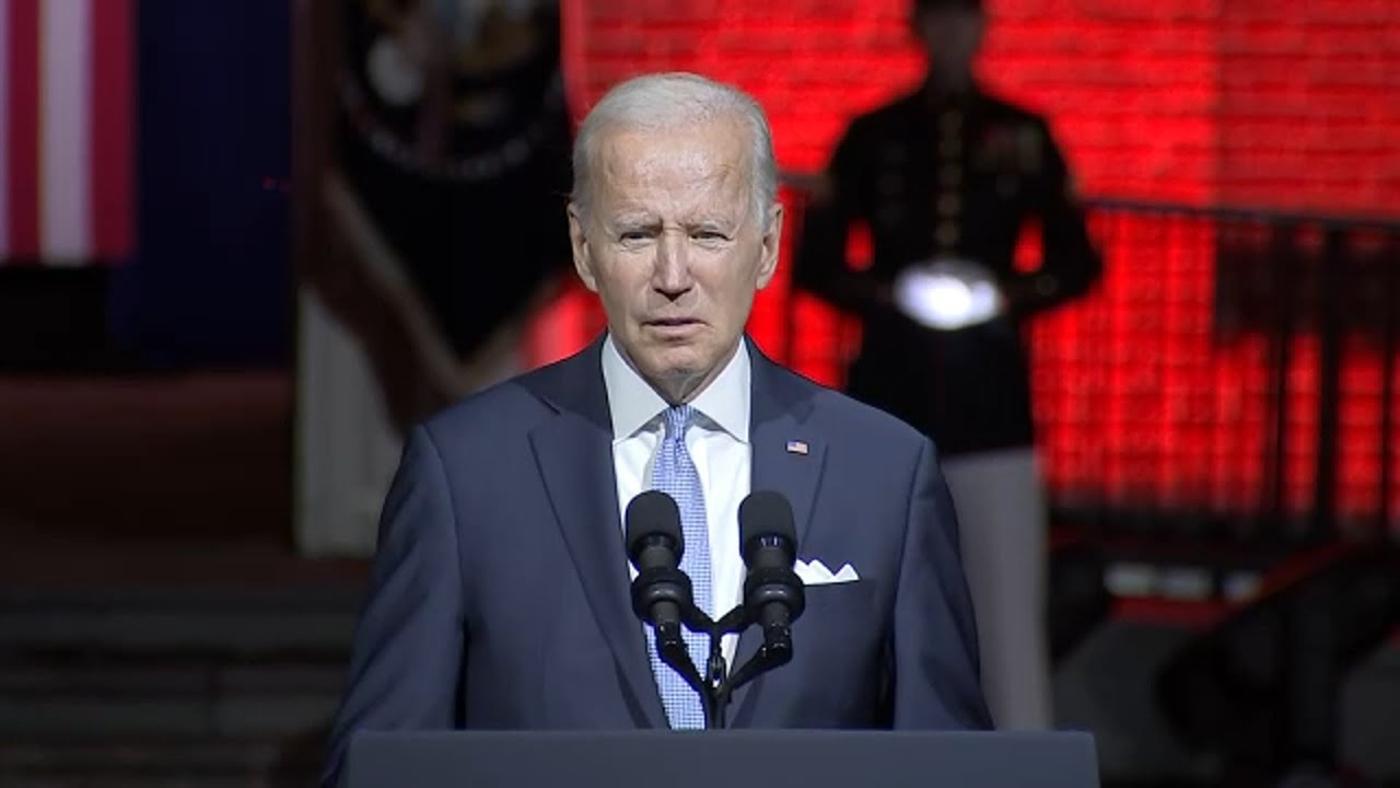
Of course, not all Americans are as thrilled with Bidenomics as the president’s administration is. In fact, according to a Gallup poll, only 36% of Americans said they approve of how Biden and his team are handling the nation’s economy.
The number has risen four points since last November, but 36% is still an exceptionally low approval for a president, especially one going into a re-election campaign.
The CEO of JP Morgan Chase Was Less Than Enthusiastic About Bidenomics
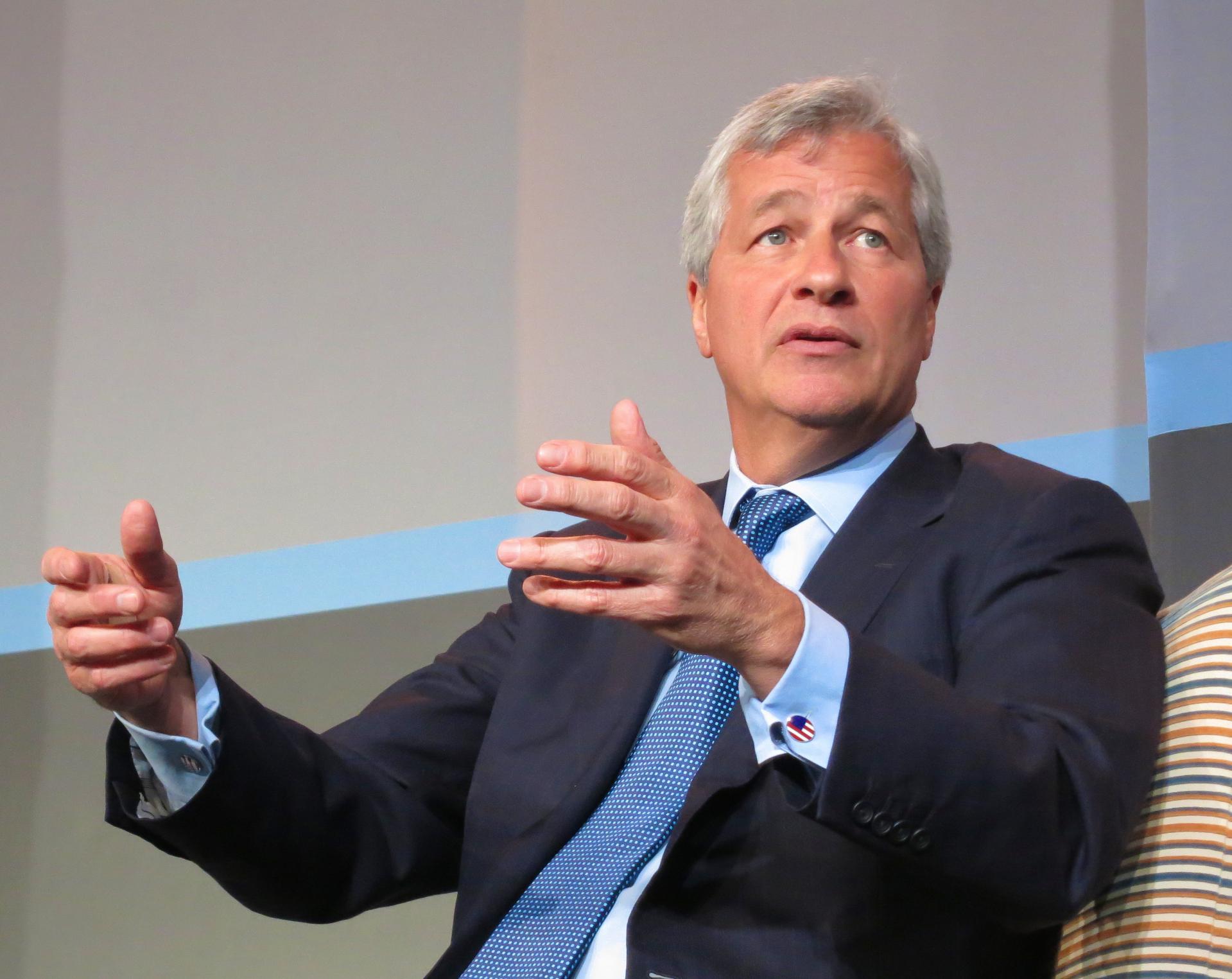
During a recent interview with the Wall Street Journal, Jamie Dimon, CEO of JP Morgan Chase, was asked directly how he felt about Bidenecomics. His answer didn’t clearly show whether or not Dimon fully approves or disapproves of the president’s fiscal decisions, though it was very interesting.
The interviewer, WSJ editor-in-chief Emma Tucker, asked “whether Bidenomics is working for Americans,” to which Dimon replied, “Partially.”
Jamie Dimon’s Response to Bidenomics
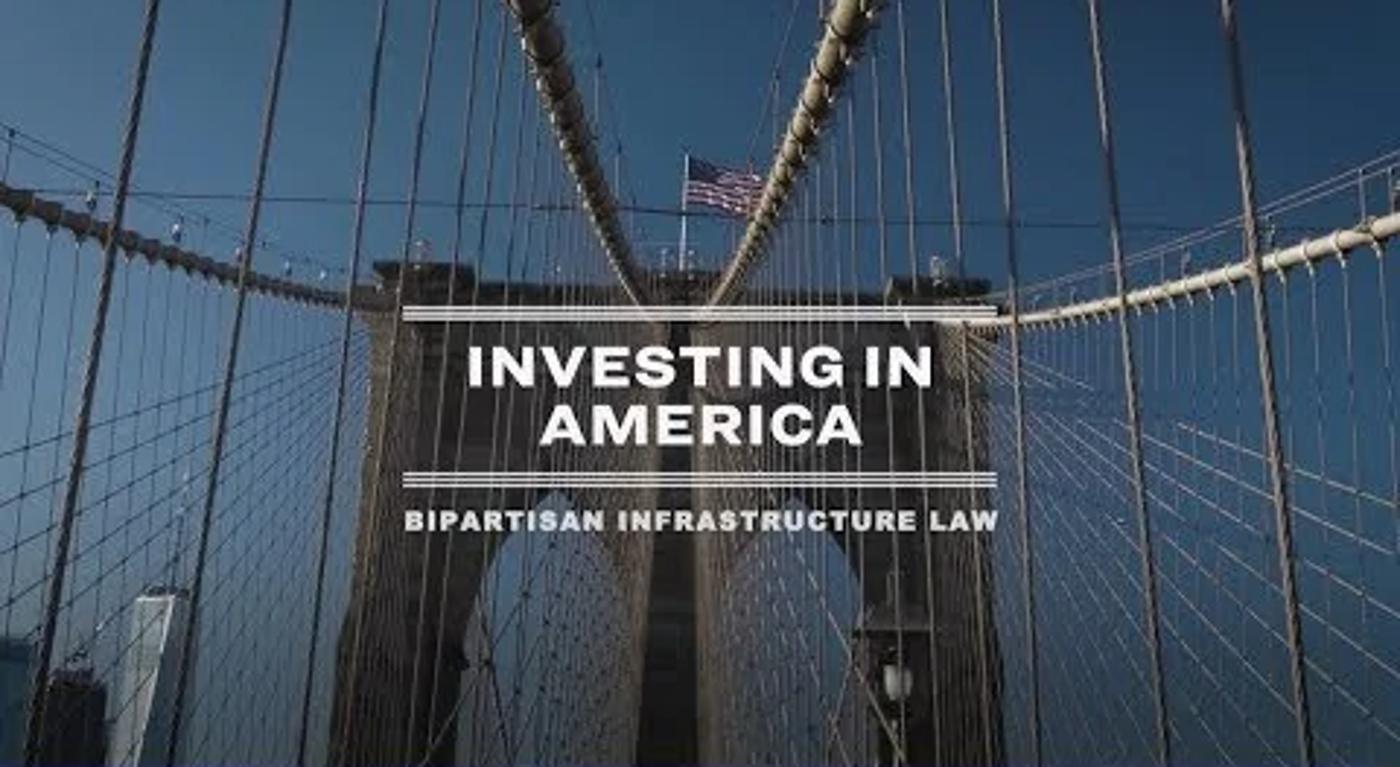
Dimon continued, “When you spend that kind of money, you’re going to have growth. And we needed some of it—like some of the industrial policy. I think the infrastructure thing is terrific; that was bipartisan.”
The “infrastructure thing” to which Dimon is referring is Biden’s Bipartisan Infrastructure Law, which allotted nearly $1.2 trillion of federal funds for expanding access to clean drinking water, transportation, flood protection, and various other infrastructure projects.
Rural America Isn’t Benefiting From Bidenomics

Although Dimon praised Biden’s infrastructure plan, he also expressed some disappointment with the president’s policies. “I think some of the American public looks at it like, what are they getting? If you go to rural America or inner cities, I’m not sure they feel like they’re being lifted up by this economy.”
Dimon’s opinion certainly isn’t unique. Tens of millions of Americans are struggling in today’s economy and feel that the federal government, and specifically President Biden, is not doing enough to help.
Understanding America’s Current Economy

Without a degree in finance, fully understanding the nuances of the nation’s economy can be extremely overwhelming. But there are a few simple ways to dissect the current financial situation in the United States: Inflation, wages, and housing costs.
As of April 2024, many Americans feel as though inflation is still too high, which has directly led to the consistently increasing cost of living and substantially higher housing prices.
Inflation in America

When President Biden was inaugurated on January 20, 2021, the national inflation rate was only 1.4%; by January 2022, it hit an almost unbelievable 7.5%. As of February 2024, that number is back down to 3.5%, but many Americans argue that’s still far too high.
High inflation rates directly affect the cost of living, such as the price tags at grocery stores, which have skyrocketed over the past few years. One report by Nasdaq noted that 60% of Americans say they struggle to pay for groceries, which is a clear sign that inflation is still too high.
Housing Prices in the USA Are Out of Control

In addition to outrageously priced groceries, many Americans are extremely frustrated by the increasing cost of housing. Monthly rentals and mortgage rates are higher than ever before, which means millions of Americans are struggling to keep a roof over their heads.
Forbes reported that the current average monthly rent in the USA is $1,372, and as the average American salary is $59,428, that means the majority of Americans are spending nearly 28% of their income on rent alone.
JP Morgan Chase CEO Talks About the Presidential Election

When it comes to the American economy, most people blame or praise the president, and with the presidential election right around the corner, many Americans have to decide whether they want another four years of Bidenomics or Trumponomics.
Tucker asked Dimon directly who he would be voting for in November, to which the successful CEO responded, “I’m not going to comment.” Though, Dimon did note that he hopes whoever the president is, they have a solid team of advisors with “real-world experience.”
Who Is Better for the Economy: Trump or Biden?
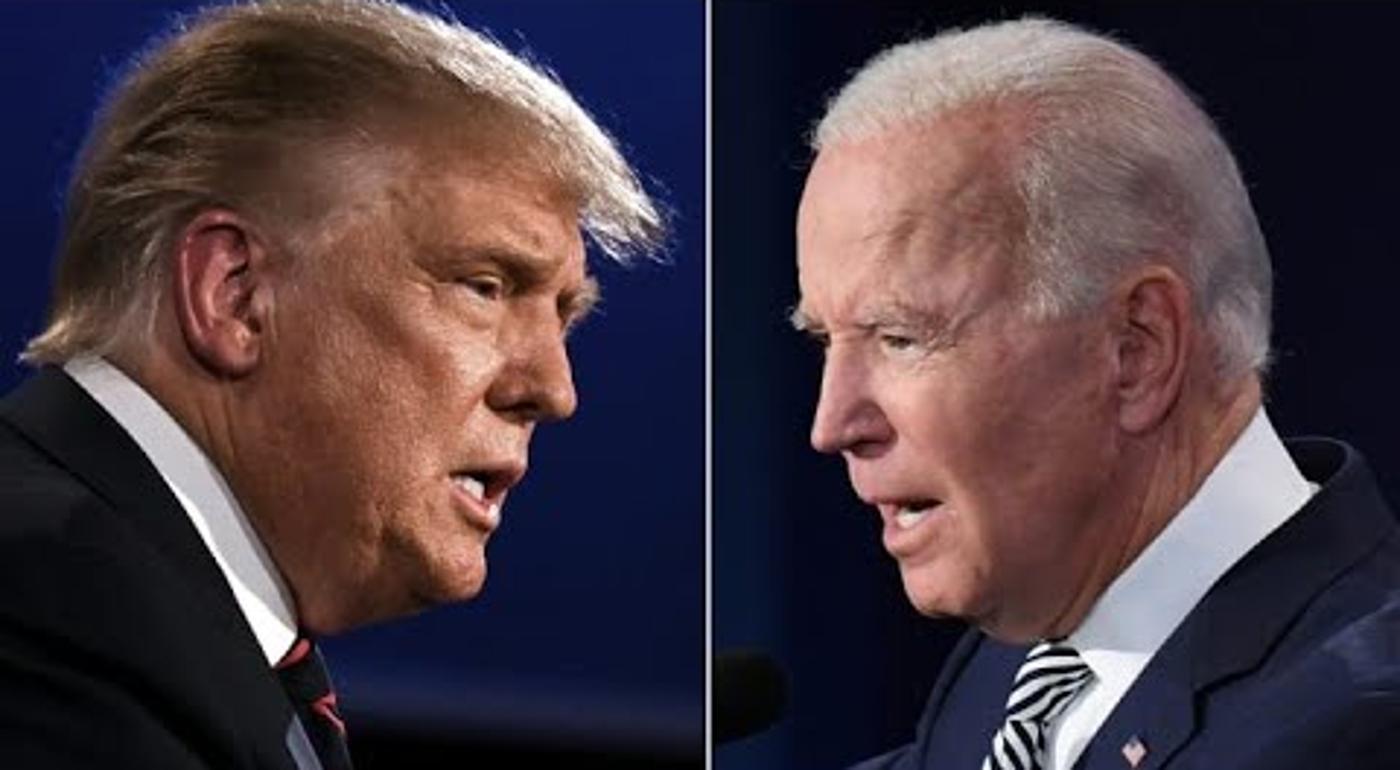
Although every election is important, the upcoming 2024 race will arguably be one of the most decisive in the nation’s history. The two candidates, Donald Trump and Joe Biden, have both been president before, so Americans understand exactly what they will each bring to the White House.
Additionally, the two couldn’t be more different, especially in their economic policies. So now, Americans have to decide how important the economy is to their vote, and if it is a prominent factor, which man, Trump or Biden, will be better for their wallets.
